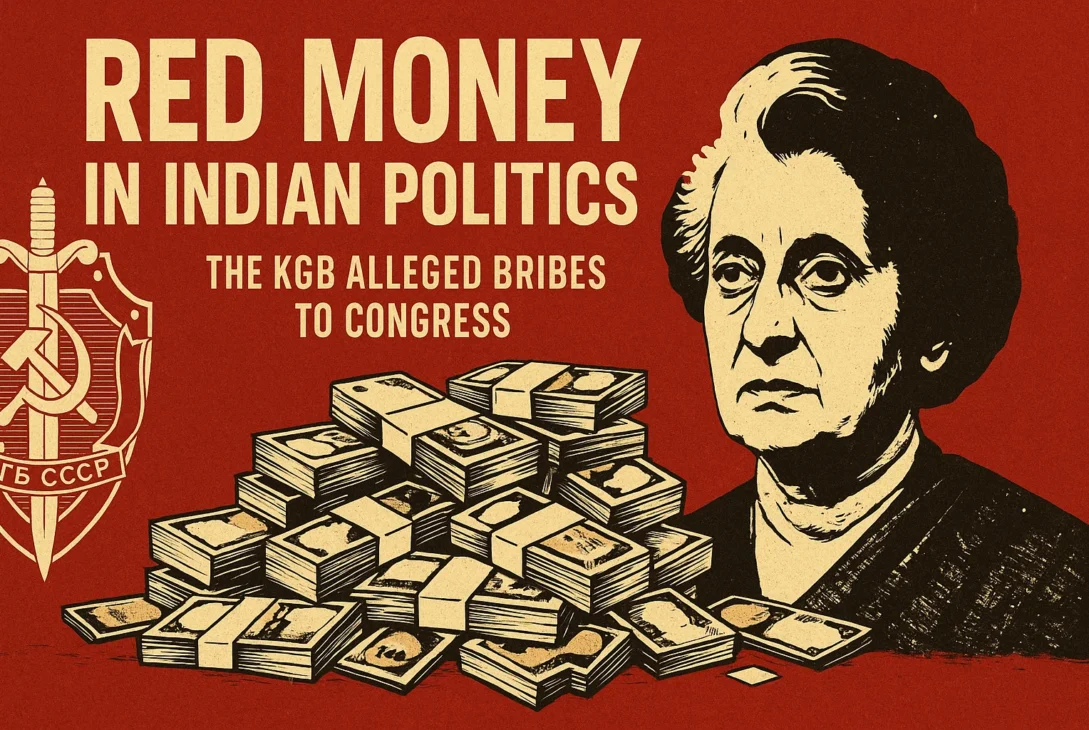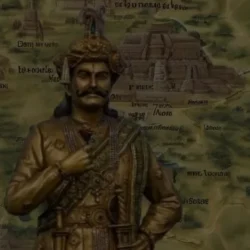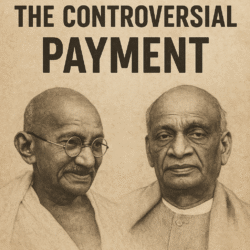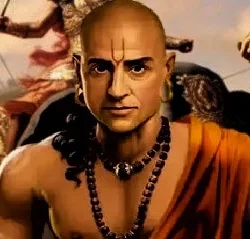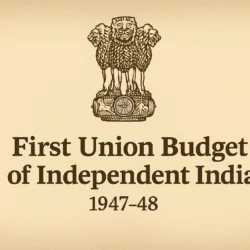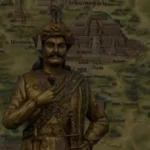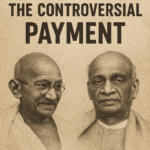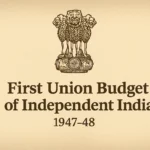The KGB’s Operational Focus in India
During the Cold War, India became a primary focus for the Soviet Union’s intelligence operations, particularly under Joseph Stalin. Initially, India was viewed with disdain by the Soviet regime. Stalin’s regime referred to Mohandas Gandhi as a reactionary figure and disregarded his efforts in India’s independence struggle. However, despite Stalin’s critical view, India’s first Prime Minister, Jawaharlal Nehru, maintained a complex stance toward the Soviet Union. While Nehru admired certain aspects of the Soviet Revolution, his relationship with Moscow was strained until Stalin died in 1953.
Soviet Intelligence Penetration in India
In the early years of India’s independence, Soviet influence was subtle but significant. Nehru’s government remained vigilant against Communist infiltration, with the Intelligence Bureau (IB) monitoring the Communist Party of India (CPI). However, unknown to Nehru and the IB, the KGB had already embedded its agents within India’s diplomatic community. In the 1950s, Indian diplomats in Moscow, such as PRO-KHOR, were recruited as KGB agents through honey traps and other forms of compromise. These agents provided sensitive material to the KGB, including embassy code books, which helped the Soviets decrypt Indian diplomatic communications.
As KGB operations expanded in India, Soviet influence grew deeper within the Indian intelligence apparatus. Not only did the KGB penetrate the CPI, but it also turned the tables on the IB by making secret deals to funnel money and communication through KGB channels.
The KGB’s Growing Influence in Indian Politics
The rise of Nehru’s leadership in the Non-Aligned Movement during the 1950s and 1960s brought India closer to Soviet interests, especially as the U.S. bolstered its ties with Pakistan. Soviet efforts to court Nehru were strategic, and despite initial reservations, Nehru’s visits to the Soviet Union marked a new chapter in Indo-Soviet relations. Khrushchev’s 1955 visit to India illustrated the growing collaboration between the two nations, with Soviet leadership admiring India’s stance in international politics.
The KGB also worked to influence India’s domestic politics. The Left-wing factions of Nehru’s government, particularly his close adviser Krishna Menon, were targeted by the KGB. Menon’s pro-Soviet sentiments made him a prime candidate for the KGB’s attention. During his tenure as the Defense Minister in the 1950s, Menon’s decision to purchase MiG-21 jets from the Soviet Union signaled India’s growing dependence on Soviet military support.
The KGB’s Role in Supporting Nehru’s Successors
After Nehru died in 1964, the Soviet Union became involved in the leadership succession in India. The KGB focused on Gulzarilal Nanda, Nehru’s trusted Home Minister, and Lal Bahadur Shastri, to ensure a Soviet-friendly government. Though Shastri was ultimately selected as the new Prime Minister, Soviet officials continued to monitor and manipulate Indian political dynamics.
In the wake of Shastri’s sudden death in 1966, Indira Gandhi, Nehru’s daughter, emerged as a candidate for the position. Initially underestimated by the Soviets, Gandhi’s political evolution was shaped by Soviet active measures. Despite her early image as a “dumb doll,” Moscow soon recognized her potential and began courting her.
Indira Gandhi and the KGB’s Support
Indira Gandhi’s relationship with the Soviet Union deepened, particularly after she assumed office. The KGB’s active measures in India began to influence her policies. The KGB provided covert funding to left-wing groups and Congress allies, including secret financial contributions for the Communist Party of India (CPI). Some of these funds were channeled through agents like Lalit Narayan Mishra, Indira Gandhi’s principal fundraiser. Mishra, though corrupt, became the key intermediary for KGB money.
The KGB’s direct influence reached even further, with several Indian journalists and politicians receiving financial support from the Soviets. The KGB planted fabricated stories in Indian media to shape public opinion in favor of Indira Gandhi, particularly during critical times, such as the 1967 elections.
The KGB and the Emergency of 1975
One of the most significant episodes of Soviet influence in Indian politics occurred in 1975 when Indira Gandhi declared a state of emergency. The KGB was heavily involved in supporting Gandhi’s decision, viewing the Emergency as a way to consolidate its power and suppress opposition. The KGB’s main residency in New Delhi claimed credit for facilitating the emergency by backing her government and spreading pro-Gandhi narratives.
In addition to supporting the Congress (R) during the elections, the KGB used its networks to manipulate the media and public discourse. Despite its extensive efforts, the 1977 elections led to a surprising defeat for Gandhi. The Janata Party, a coalition of opposition forces, triumphed, and Morarji Desai became the new Prime Minister.
Soviet Influence in the Post-Emergency Era
After Indira Gandhi’s loss, the Soviet Union shifted its support towards the Congress Party (R) once again, using both covert funding and diplomatic pressure. Despite the setback, the KGB remained a crucial player in Indian politics, continuously backing factions within the Congress and supporting left-wing groups sympathetic to Moscow’s agenda.
One of the KGB’s most significant achievements during this period was its support for the Treaty of Peace, Friendship, and Cooperation signed between India and the Soviet Union in 1971. This treaty marked a high point in Indo-Soviet relations, with both nations pledging mutual support, particularly in the context of India’s growing conflict with Pakistan.
KGB Penetration of Indian Intelligence
The KGB’s penetration of India’s intelligence apparatus was extensive by the 1970s. With agents infiltrating India’s Foreign and Defense Ministries, the KGB gained access to crucial military and diplomatic information. These operations allowed the Soviet Union to shape India’s political future through both direct influence and covert intelligence operations.
The level of KGB penetration in India during this period was unparalleled, with agents and informants at every level of government. As Oleg Kalugin, a former KGB officer, later reflected, India was “a model of KGB infiltration,” where even the Indian intelligence community was compromised.
Conclusion: KGB’s Long-Lasting Influence
The Soviet Union’s relationship with India during the 1960s and 1970s was marked by covert influence, financial manipulation, and strategic support for political figures who aligned with Moscow’s interests. Indira Gandhi’s government benefited from Soviet assistance, which played a crucial role in shaping both domestic policy and India’s foreign relations during the Cold War.
Despite the eventual decline of Soviet influence, the legacy of these covert operations left a significant mark on Indian politics. The KGB’s manipulation, the infiltration of Indian intelligence, and its direct financial support to Congress and Communist factions created an enduring environment of political corruption, which persisted long after the Cold War ended.
